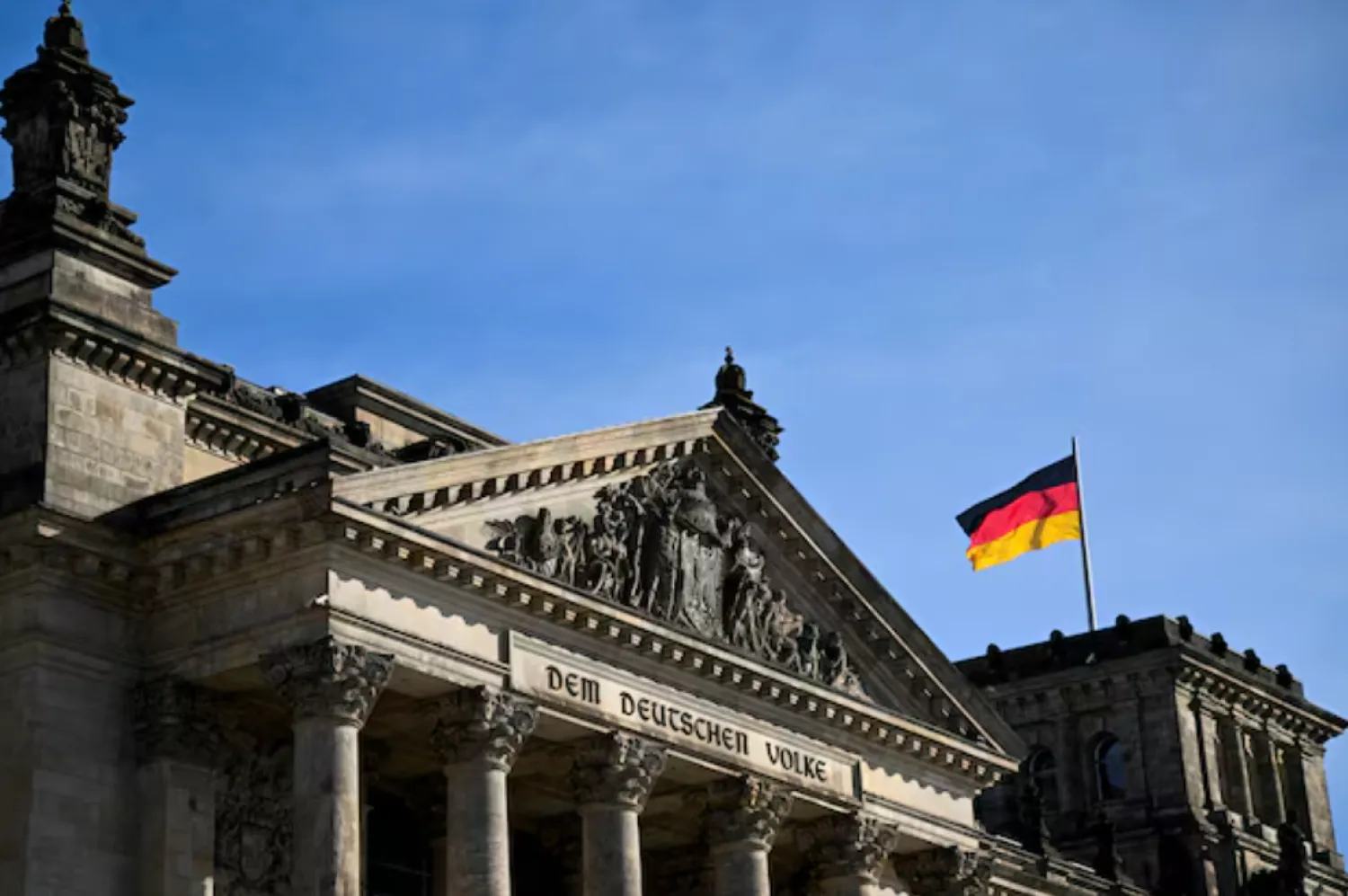NATO Secretary General Mark Rutte said he considered the sometimes harsh criticism of German Chancellor Olaf Scholz by Ukrainian President Volodymyr Zelenskiy to be unjustified, news wire DPA reported.
Although Germany has been a vital ally of Ukraine, its hesitation in providing long-range Taurus cruise missiles has been a source of frustration in Kyiv, which is battling a foe armed with a powerful array of long-range weaponry, Reuters reported.
"I have often told Zelenskiy that he should stop criticizing Olaf Scholz, because I think it is unfair," DPA quoted Rutte on Monday as saying in an interview.
Rutte also said that he, unlike Scholz, would supply Ukraine with Taurus cruise missiles and would not set limits on their use.
"In general, we know that such capabilities are very important for Ukraine," Rutte said, adding that it was not up to him to decide what allies should deliver.
After a November telephone call by Scholz with Russia's leader Vladimir Putin in November, Zelenskiy said it had opened a Pandora's box that undermined efforts to isolate the Russian leader and end the war in Ukraine with a "fair peace".
NATO Chief Rutte Says Zelenskiy's Criticism of Germany's Scholz is Unfair

NATO Secretary-General Mark Rutte holds a press conference, ahead of a meeting of NATO Defense Ministers in Brussels, Belgium October 16, 2024. (Reuters)

NATO Chief Rutte Says Zelenskiy's Criticism of Germany's Scholz is Unfair

NATO Secretary-General Mark Rutte holds a press conference, ahead of a meeting of NATO Defense Ministers in Brussels, Belgium October 16, 2024. (Reuters)
لم تشترك بعد
انشئ حساباً خاصاً بك لتحصل على أخبار مخصصة لك ولتتمتع بخاصية حفظ المقالات وتتلقى نشراتنا البريدية المتنوعة







